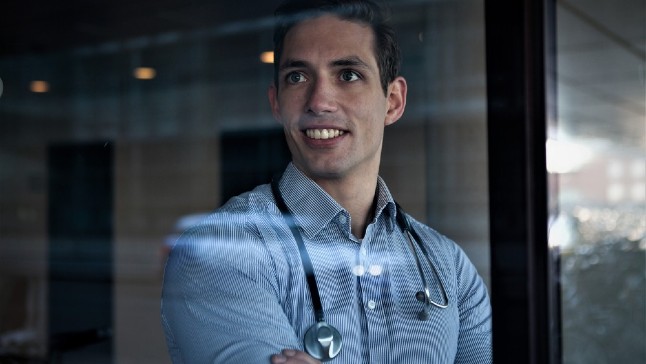A number of companies have been accused of breaching the Oil for Food sanctions. Among them are the Swedish, or part-Swedish, firms Astra Zeneca, Volvo and Atlas Copco. Subsidiaries of Saab, Mölnlycke and Scania have also been named.
“We shall consider whether there are legal grounds for a criminal investigation in Sweden,” said Christer van der Kwast.
Van der Kwast emphasised that the matter is complicated, but said that he will be looking into whether the alleged bribery occurred within a timeframe which still allows for prosecutions to be brought, and whether there are Swedish or Sweden-based people involved.
“I can only take the statements at face value,” he said.
“But I assume they carry a certain weight because they come from a major UN investigation committee. They have requested that the countries involved take appropriate measures.”
The Swedish Anti-Corruption Institute said however that it may be difficult to press charges since many of the Swedish companies used local middlemen or agents.
“It seems to be the case that the Swedish companies used middlemen, free agents and retailers. One could argue that this is something that is not illegal for the Swedish companies or their subsidiaries,” the institute’s deputy chairman Jan Persson told TT.
The companies accused by the committee have begun responding to the allegations.
One of the companies is the British-Swedish pharmaceutical company, Astra Zeneca, which is accused of paying bribes to the Iraqi regime of over $162,000.
“We won’t understand in what respect we are supposed to be involved until we’ve had time to check all the details,” said head of information, Staffan Ternby to TT.
“The fact is, food and medicine were the products which were exempt from the sanction measures against Iraq and I know that the occasional contact which we had with Iraq in the middle of the 90s was mostly to do with trying to get payment for previous deliveries,” he said.
In a statement, industrial equipment comapny Atlas Copco said it “strongly objected to the assumption made by the Committee” and that internal investigations had shown that there were no payments made to the Iraqi government by the company.
“Atlas Copco Airpower in Belgium has been subject to an investigation by the Committee, ” wrote the company’s Legal Counsel, Hans Sandberg.
“The processes for the contract handling under the Program, all formally approved by the UN for payment by Letter of Credit, have been explained in detail.”
The company said it would continue its internal inquiry and stressed that “payments by Atlas Copco of the nature now in question are in direct conflict with the Atlas Copco Group’s written Business Code of Practice, and are never tolerated”.
Meanwhile, Volvo said that it was taking the accusations seriously.
“We are now investigating the matter more closely to determine what has happened,” says Volvo’s CEO Leif Johansson.
“If it is confirmed that the accusations are valid and improper actions have occurred, we will naturally take actions.”


 Please whitelist us to continue reading.
Please whitelist us to continue reading.